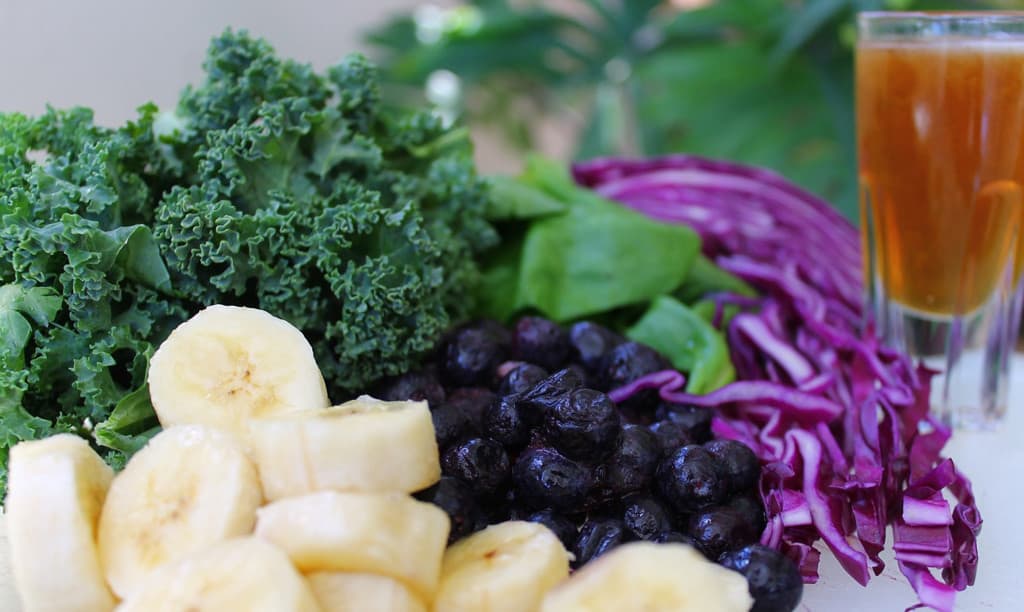By Sophia Smith
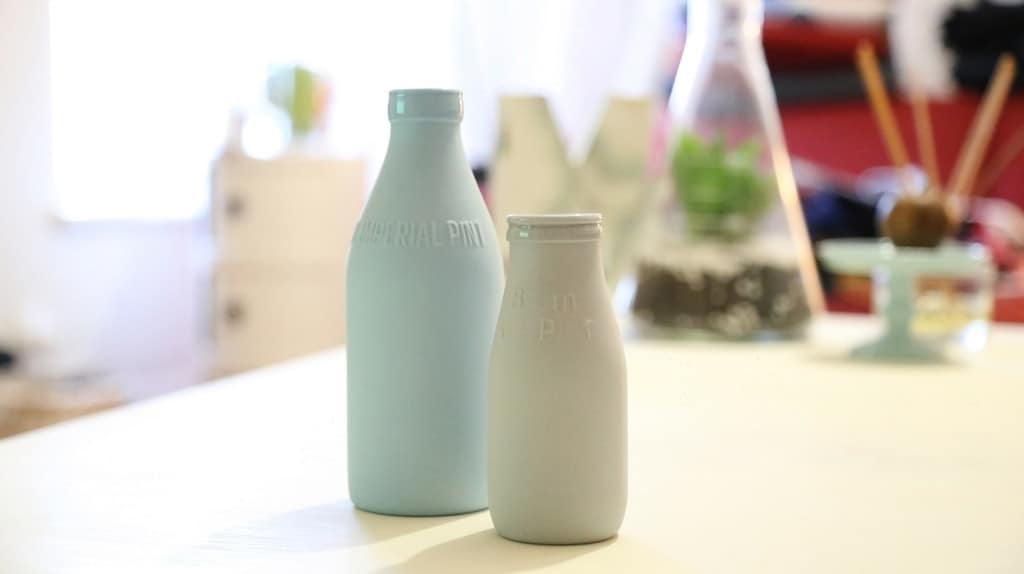
Recently there has been a lot of debate about whether milk and dairy products are good for people’s health, and whether people should stop using them. Experts who claim that they are not healthy agree that even here the greatest difference lies in the quality of milk – the milk derived from organically grown cows, which has gotten through fewer thermal processes is certainly of better quality and therefore much more advisable for consumption.
When talking against using milk in your diet, they start from the fact that the human race is the only species which consumes milk even in adulthood, and that cow’s milk is hard to stomach because it is not intended for human use in the first place, but for feeding calves. Where does the truth lie in all this?
Health Advantages and Disadvantages
Dairy products are known to be quite nutritious and to contain all the needed nutrients for feeding a young calf, or, in this case, a human. Of course, these nutrient compositions such as calcium, vitamin D, phosphorus, potassium, vitamin B12 and similar can vary quite a lot depending on the type of dairy. For instance, low-fat or skimmed products do not contain these beneficial compounds at all.
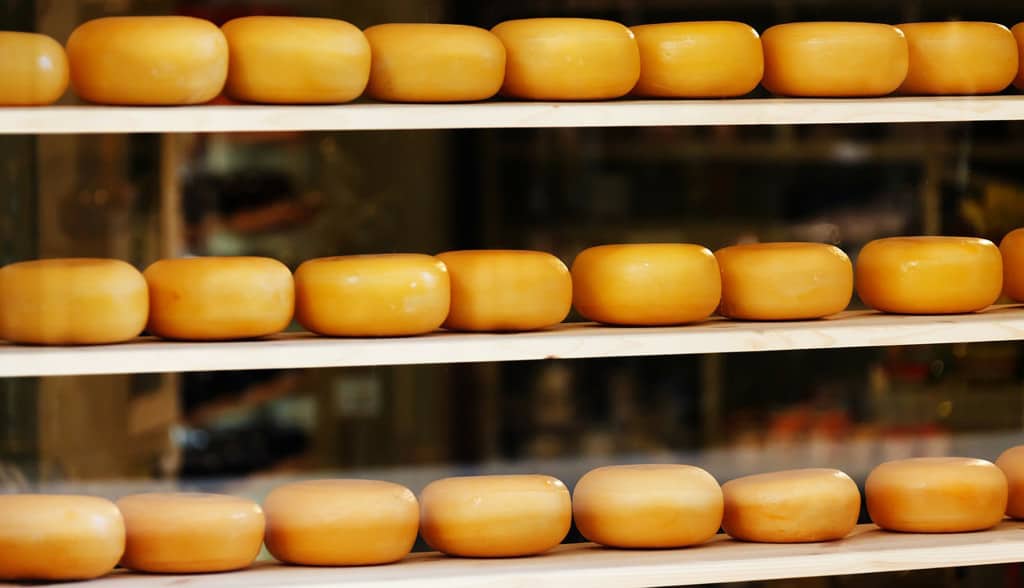
Of course, milk and other dairy products have been known to improve bone density and reduce obesity and type 2 diabetes. On the other hand, dairy products can stimulate the release of insulin and IGF-1 (Insulin-like Growth Factor 1). This is one of the possible reasons why consuming dairy is linked to acne outbreaks, but also some more severe health conditions like the risk of certain cancers.
Some studies claim that dairy is linked to an increased risk of breast, ovarian and prostate cancer. Also, most of the low-fat and fat-free dairy products contain high levels of refined sugars which only increase the potential for heart disease.
Evolution
What do scientific and evolutionary facts claim? Humans are the only species that continues drinking milk even after they have fully developed. This is quite questionable, as the sole purpose of nursing is to ensure the proper development of a youngling.
Another interesting fact is that no other species, except humans, consumes milk from another animal species. Observing this from an evolutionary aspect, it is safe to claim that these practices are not considered natural. Until the agricultural revolution, , humans only consumed mother’s milk as infants.
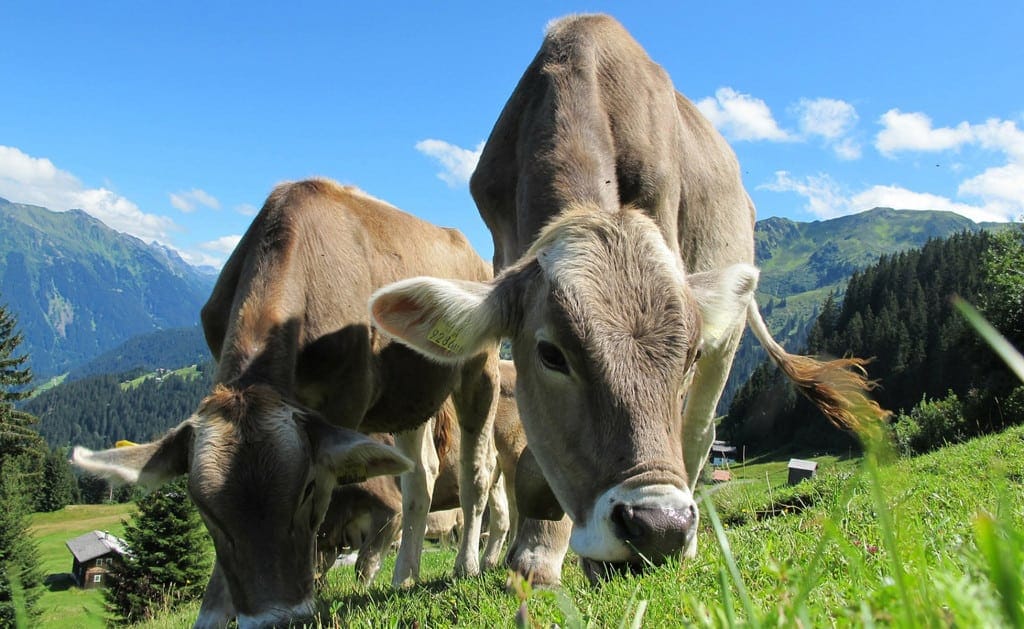
Lactose
Lactose, a main carbohydrate found in milk is comprised of two sugars: glucose and galactose. When humans are still infants, they have the ability to produce an enzyme called lactase, whose purpose is to break down the lactose from mother’s milk. Many people lose the ability to do this in their adulthood. This condition is called lactose intolerance.
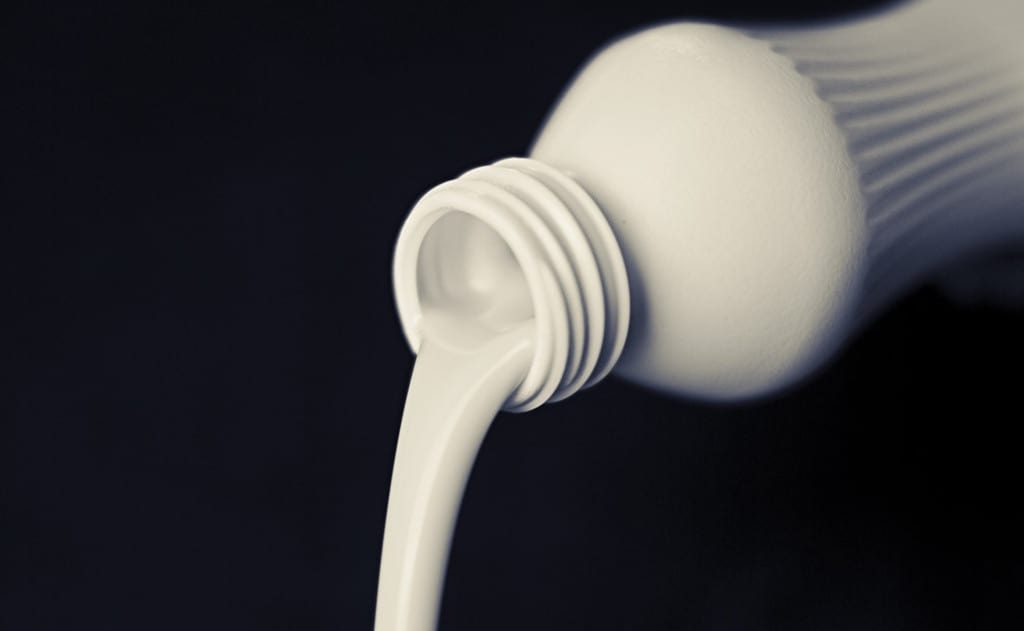
About 75% of the world’s population is said to suffer from this condition. People who are lactose intolerant have a hard time digesting dairy products which is mostly manifested through nausea, diarrhea, vomiting, allergies and anaphylactic shock.
Essential Nutrients
Milk is a significant source of vitamin D and calcium, but besides milk there are plenty of other foodstuff that contain these compounds in appropriate quantities, like green vegetables, sesame seeds, dry figs, almonds and similar. If the organism is in urgent need of additional levels of calcium, it is often prescribed to take calcium supplements which compensate for the lack of this element in the organism.
There are certain compelling cases against the use of milk and dairy products in general. From an evolutionary perspective, it is quite clear that humans are not intended to consume these products. Of course, these products are still known to cause some good effects on our bodies as well. It is safe to say that hidden dangers lurk even in the most unexpected places.ž
 Sophia Smith is Australian based beauty, lifestyle and health blogger. She is very passionate about organic beauty products, healthy lifestyle and personal development. She is regular contributor at High Style Life.
Sophia Smith is Australian based beauty, lifestyle and health blogger. She is very passionate about organic beauty products, healthy lifestyle and personal development. She is regular contributor at High Style Life.
Find her on: Twitter Facebook Google +
Senior Outlook Today is your go-to source for information, inspiration, and connection as you navigate the later years of life. Our team of experts and writers is dedicated to providing relevant and engaging content for seniors, covering topics such as health and wellness, finances, technology and travel.
